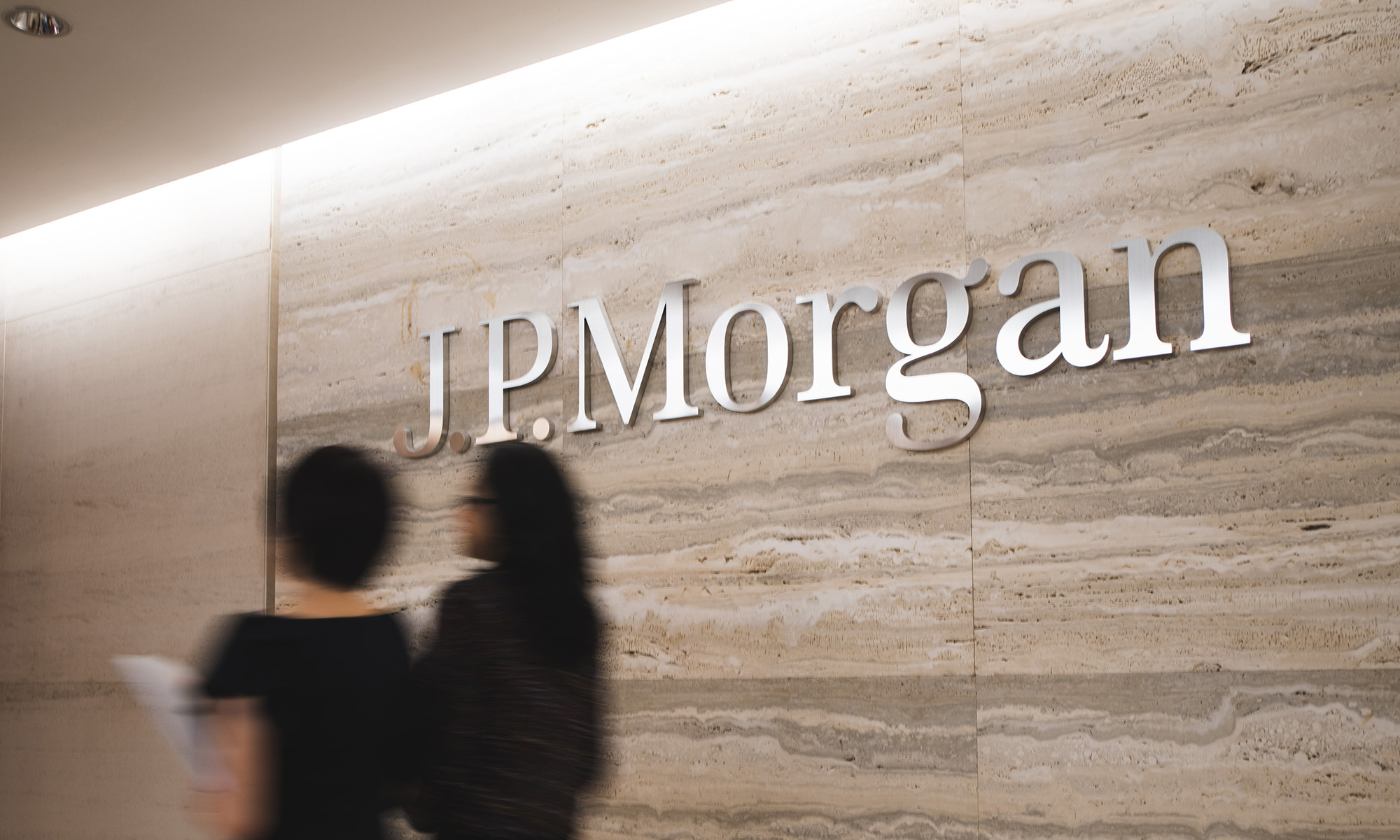
Image source: Getty Images.
Steven A Cohen has a net worth of $12.7 billion, a figure that grew from a relatively small $25 million seed investment into his hedge fund, SAC Capital, in 1992. The firm was wildly successful in the 1990s and 2000s, minting billions for Cohen and his investors until an SEC investigation into insider trading effectively shuttered the firm in 2012.
Cohen may have fallen from grace, but that doesn't mean he's out of the game forever. In fact, some think he just may be getting started.
Building a hedge-fund empire
Cohen began his career in finance in 1978 as a junior trader for Gruntal & Co. During the next 14 years, he would amass a substantial net worth from trading, routinely earning more than $100,000 per day for the firm. That cash flow was enough to amass enough cash to provide half of the $25 million seed funding for his own investment company, a hedge fund called SAC Capital.
SAC Capital grew quickly, profiting from Cohen's lightening-quick style of trading, holding stocks for just a few hours -- or days in most cases. In a 1999 speech, Cohen said that:
We trade. A lot. Over 20 million shares a day. A broker's dream come true. We trade fast. ... It's not growth investing. It's not value investing. It's short-term catalyst investing.
For most investors, this style of trading is a losing proposition. One study found that 70% of so-called day traders lose money, and even Cohen admitted that his best traders only bet correctly 63% of the time. However, Cohen and SAC were able to succeed nonetheless, getting out of losing bets quickly while letting winners ride to huge gains.
In its first 25 years, SAC often produced 50%+ annual returns, sometimes even exceeding 70% in good years. The firm was so successful in the 1990s that investors were willing to let SAC keep 45% of the investment profits plus a management fee to invest in its funds.
The case that nearly ended Steven Cohen's Hedge-Fund Career
Nearly 30 years after it was founded, SAC Capital's pristine record was spoiled as the financial crisis wreaked havoc on the markets. The firm lost 18% in 2008.
In 2012, the firm's fortunes went from bad to worse. After a clandestine investigation, the SEC filed charges against SAC for insider trading. One former manager was sentenced to nine years in prison, and several others were charged for lesser offenses. Steven Cohen, for his part, was never charged with any criminal wrongdoing, and a civil suit for failing to supervise errant employees was eventually dropped in 2013.
The corporate entity, SAC Capital Advisors, however, ultimately pled guilty to insider trading. As part of the settlement, the firm was banned from managing outside investor capital, and fined $1.8 billion. Steven Cohen paid the fine out of his own pocket in 2014.
Could Steven Cohen return to the pinnacle of the hedge-fund world?
Today, SAC has been transformed into a family office called Point72 Asset Management, and Cohen's trading record hasn't skipped a beat. Point72 gained 16% in 2015, easily beating the S&P 500's 0.73% decline.
The firm's ban on accepting outside capital expires in 2018, but a new firm formed by Cohen could potentially sidestep that restriction this year. Stamford Harbor Capital is owned by Cohen, though he will have no management role in the firm whatsoever. The SEC approved the firm's registration in March, clearing the path for the firm to begin raising outside money. In other words, Steven Cohen is still in the game, and he could be a major player again sooner rather than later.
Only time will tell, but it seems that SAC Capital's demise may just be an intermission to the unstoppable rise of Steven Cohen.





